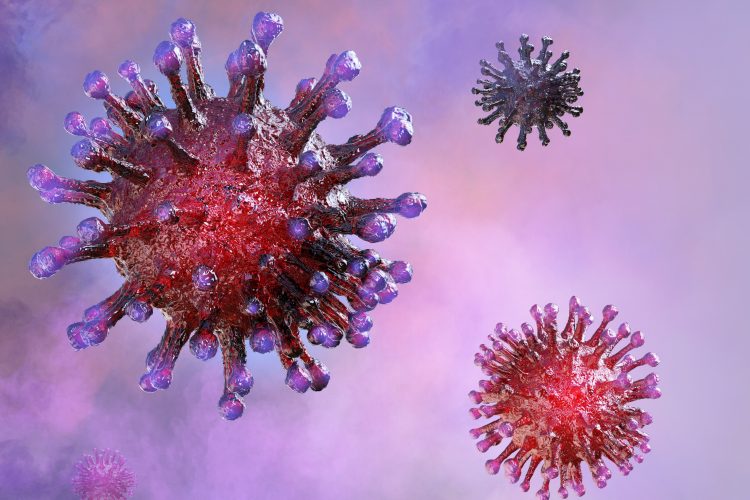For Black Scientists, the Sorrow Is Also Personal
I have tried to live in a world that does not see color but have only succeeded in living in a world that does not see me, says Kafui Dzirasa.
opinion articles
Send us a link
I have tried to live in a world that does not see color but have only succeeded in living in a world that does not see me, says Kafui Dzirasa.
In the face of this crisis, we need research to be shared faster.
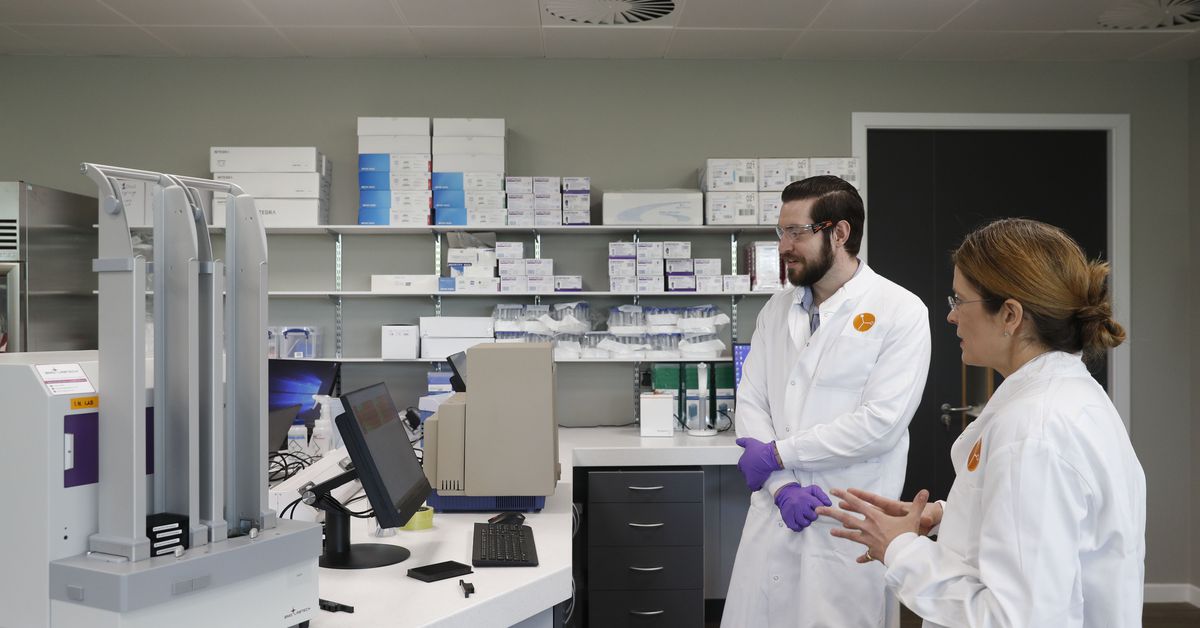
It's 38C in Siberia. The science may be complicated - but the need for action now couldn't be clearer, says climate scientist Tamsin Edwards.

In this interview Robert Harington asks Daniel Hook (CEO of Digital Science and co-author of the new Digital Science report. How COVID-19 is Changing Research Culture) about his views on fundamental shifts in research culture as a result of the COVID-19 global pandemic.

One interesting and unintended consequence of the current pandemic has been an increase in people’s engagement with citizen science.
Pandemic politics highlight how predictions need to be transparent and humble to invite insight, not blame.
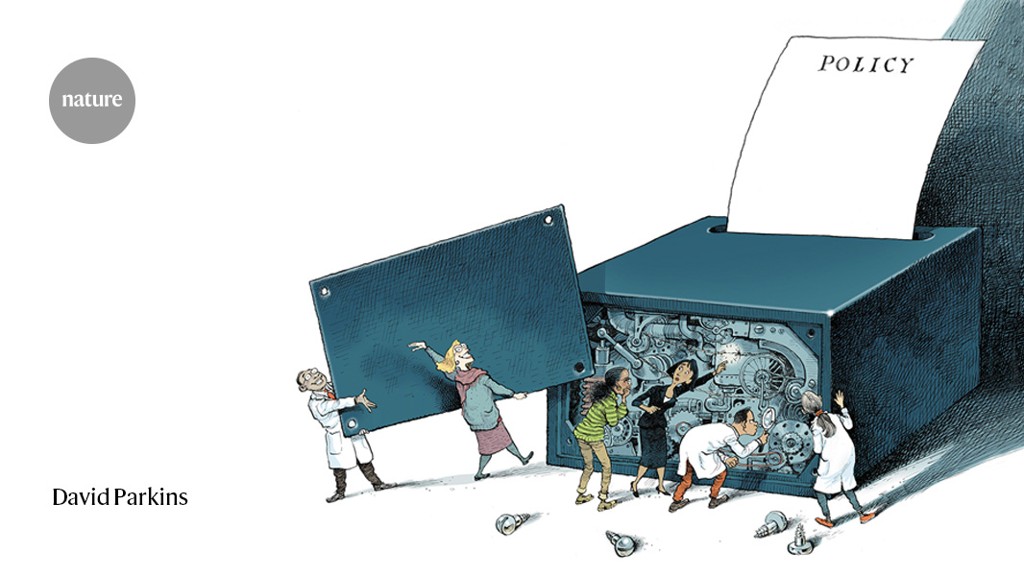
Why aren't more administrators who say they support diversity, equity and inclusion initiatives reaching out to their black colleagues now?
College leaders seeking to survive and thrive in a post-pandemic environment have no choice but to reassess and redefine their value proposition, argue professors.
It is likely we'll eventually have a coronavirus vaccine - but perhaps not as quickly as some expect. From development, to clinical trials and distribution, ProPublica reporter Caroline Chen explains the tremendous challenges that lie ahead.

This Article examines the effect of abolishing peer review on the changed incentive structure and the likely effects on the behaviour of individual scientists, and concludes that, abolishing peer review has overall slightly positive results.
Two major study retractions in one month have left researchers wondering if the peer review process is broken.
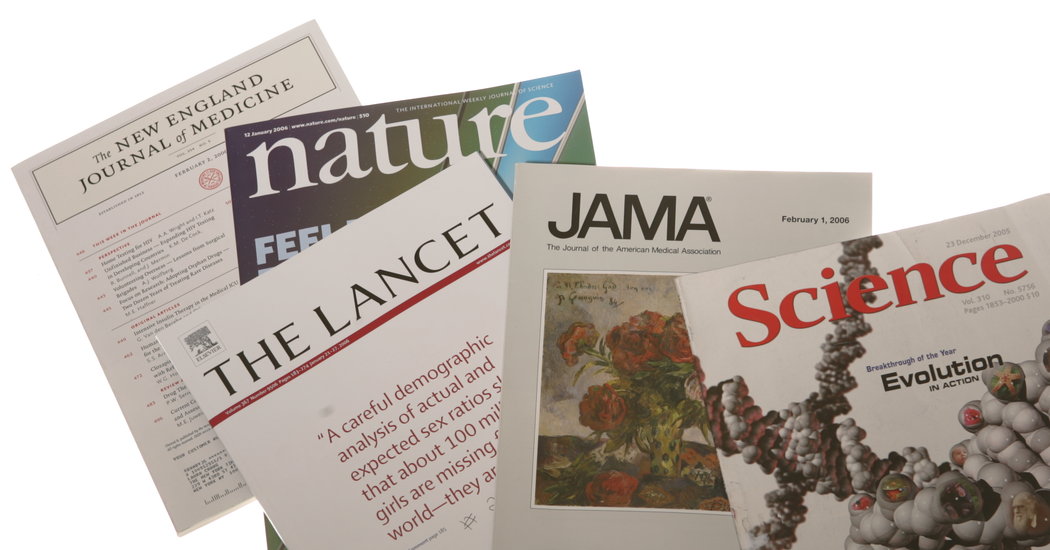
Nations are increasingly making conscious efforts to propel a subset of their universities into the global elite. But are such aspirations ever met? And, if they are, is that a blessing or a curse for those institutions denied entry to the club?
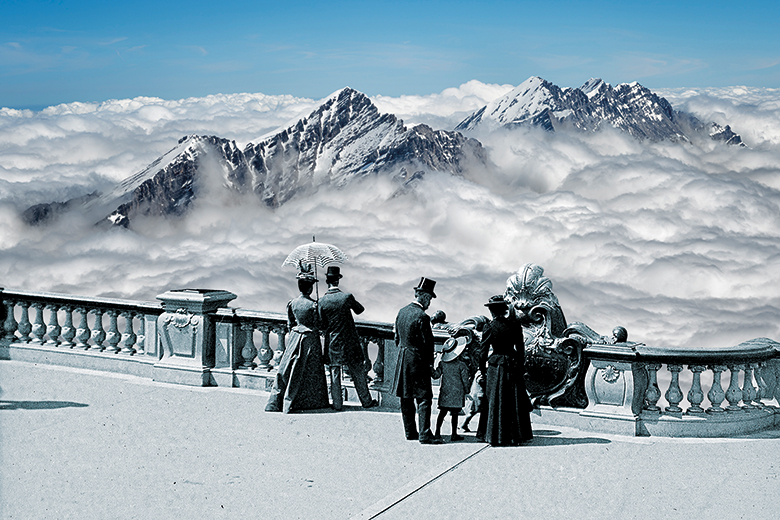
COVID-19 has given the public a newfound sense of the vitality of science. At the same time, policy makers are more than ever leaning on scientific advice to guide the way forward.
Ignoring science's legacy of racism or a wider culture shaped by white supremacy doesn't make scientists "objective".

It is easy to make excuses – the legacy of historic racism is so strong that there are not a lot of senior Black scientists to choose from, and those that have survived the gauntlet are in demand and overcommitted, and so on and so forth. But these excuses are lame.
Despite the special calls for research into the novel coronavirus, researchers should all still concentrate on what they do best, writes Matthias Egger, President of the National Research Council of the SNSF.

The now retracted paper halted hydroxychloroquine trials. Studies like this determine how people live or die tomorrow.

Acknowledge the history. Revise your work. Refuse to be complicit.

Restaurants get eulogies. Airlines get bailouts. Shakespeare gets kicked when he's down.

Humanities Research Infrastructure is critical social investment, and we could support it better if we understood it better.
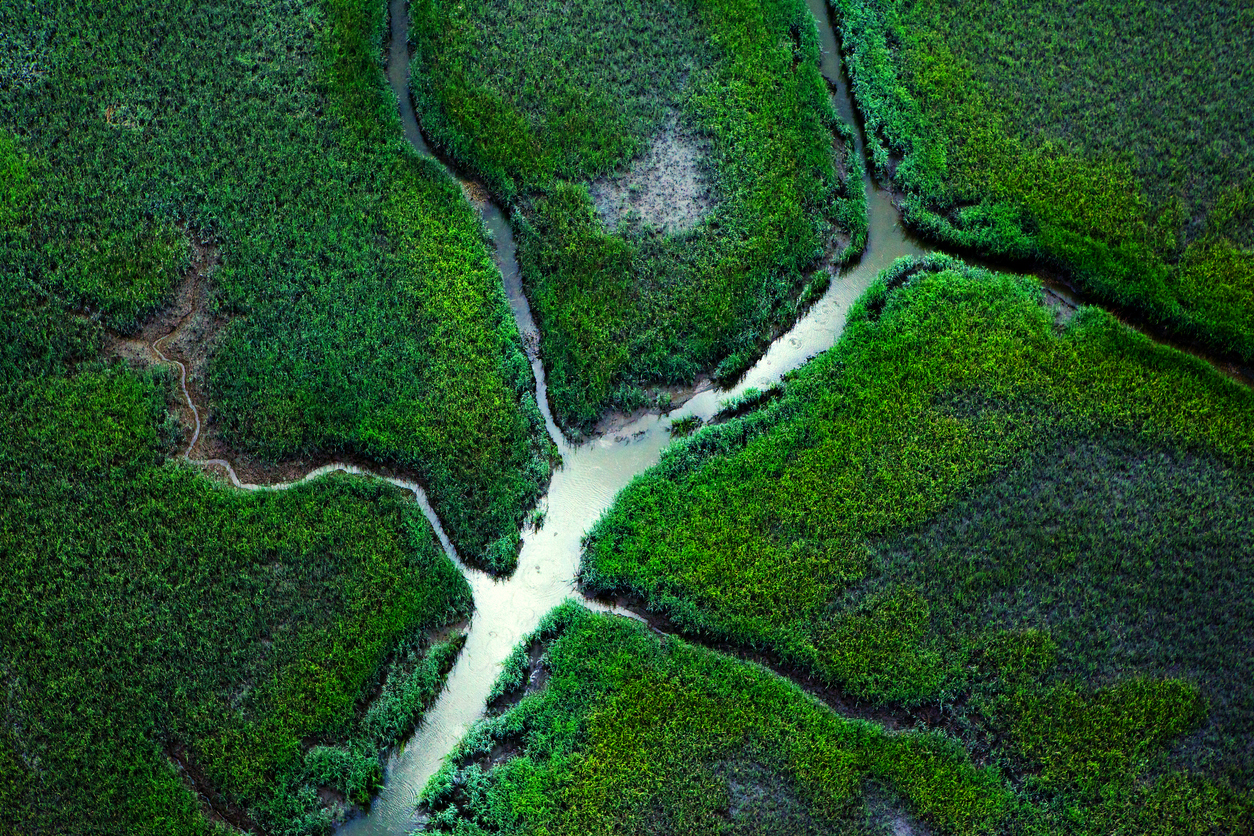
Learned societies face many new challenges in the face of a pandemic.
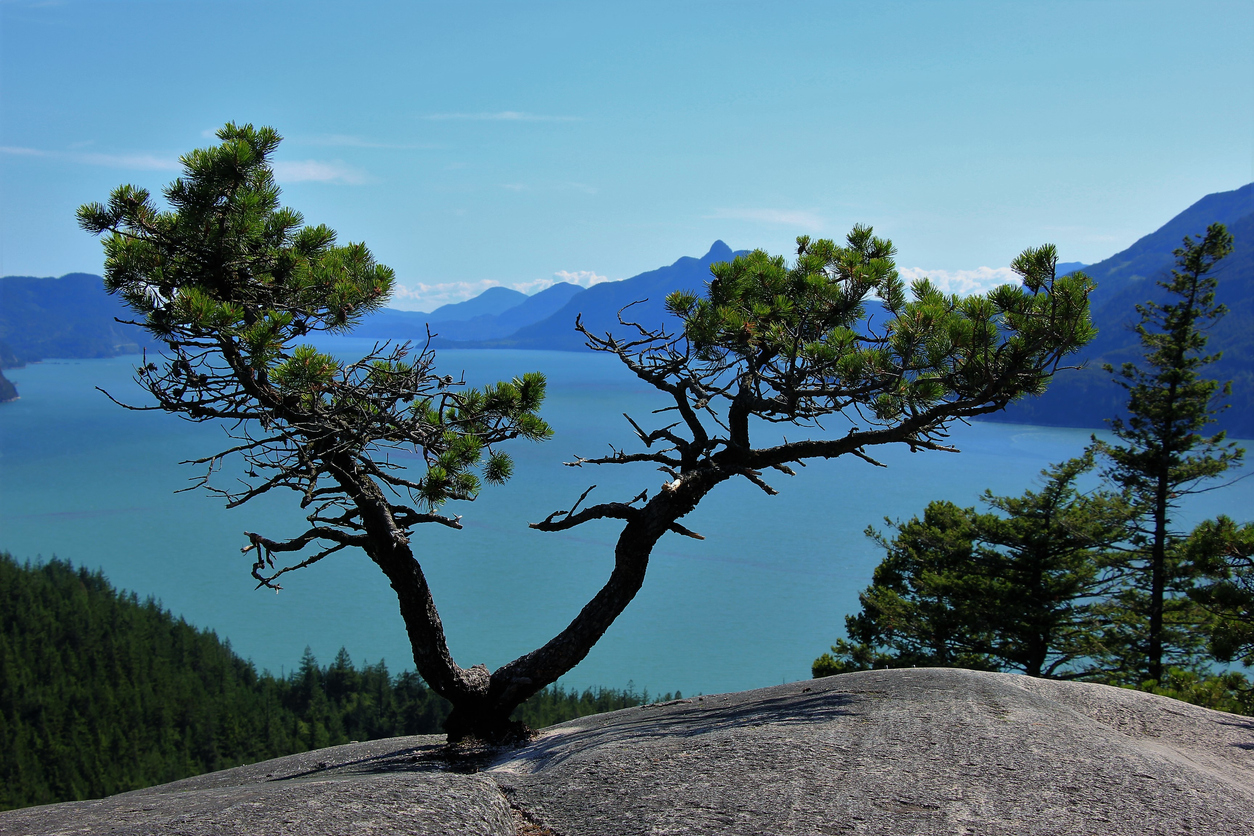
Possibly the only thing spreading faster than COVID-19 is the pseudoscience about COVID-19.
